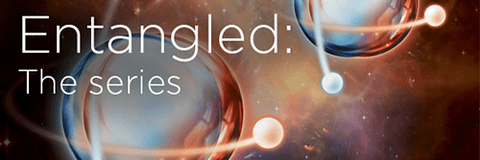Quantum networks operating at telecommunication wavelengths
Nikolai Lauk, University of Calgary
Realization of a quantum network that enables ecient long-distance entanglement distribution would allow for multiple impressive applications with quantum key distribution being the most prominent one.

 Featured Speaker: Sarah Baker, Head of North American Strategic Engagement,
Featured Speaker: Sarah Baker, Head of North American Strategic Engagement,